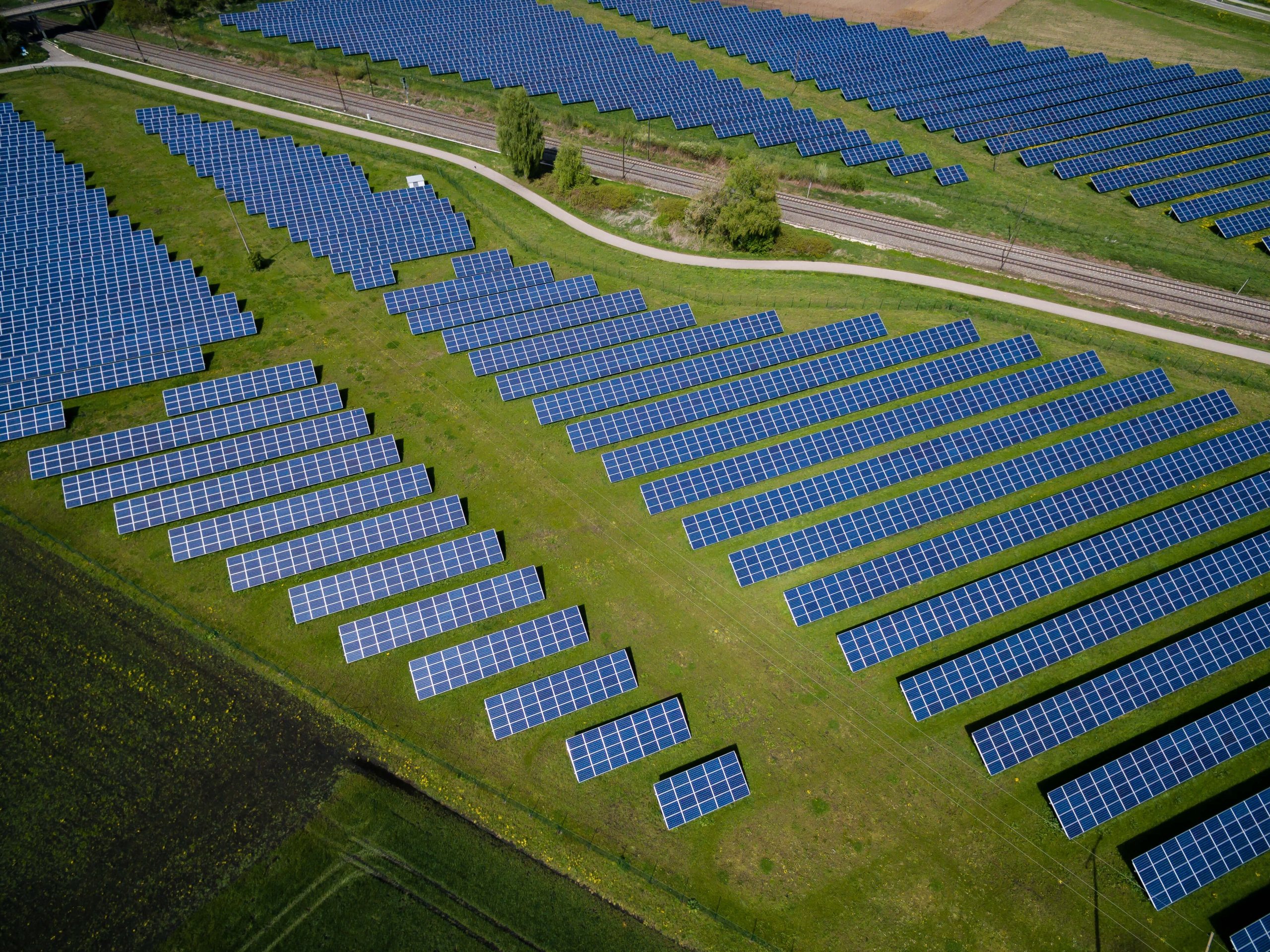But the rapid rise of solar power might not be all sunshine. Although the lifespan of panels is increasing, many that have been installed could only last for up to a few decades and could become a waste problem if they wind up in landfills. There are also questions about whether the small amounts of toxic metals within them, such as lead, could be harmful to the environment. But so far, recycling them has been difficult and expensive.
WashingtonPost.com, Allyson Chiu, July 5, 2023.
Research suggests microwave technology could make it easier to take solar panels apart.
Blanketing swaths of open land. Covering the roofs of homes. Floating on canals and reservoirs. Solar panels are popping up everywhere, playing a key part in helping the world move toward renewable energy.
Researchers in Australia say they have come up with a way that could help solve that problem using a common household technology: the microwave.
The same microwave technology that warms food could be used to heat up parts of a solar panel, making it easier to take it apart and recover materials, said Binesh Puthen Veettil, a senior lecturer in the School of Engineering at Macquarie University who led the research.
“We started our work with a modified kitchen microwave,” Veettil said. “The principle is the same and the frequency we’re using is 2.45 gigahertz, which is the same as what a kitchen microwave uses.”
The peer-reviewed research comes amid growing interest in figuring out the fate of old panels. The solar power community “is working on doing the right thing because it’s a very manageable problem,” said Teresa Barnes, a photovoltaics expert with the Energy Department’s National Renewable Energy Laboratory.
“It’s a technologically solvable problem,” she said. “It’s an economically solvable problem.”
What’s in a solar panel?
Solar panels are generally constructed out of layers of different materials, including aluminum, glass, silicon, plastic, and valuable metals such as copper and silver. These layers are sealed together and to recycle the components, the panels have to be disassembled.








